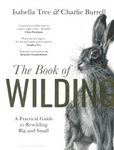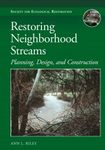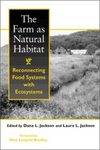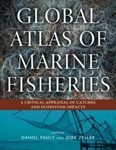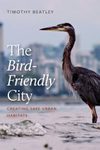About this book
For most, "conservation" conjures the notion of minimizing human presence on wildlands to avoid harmful impacts. But too often, this defensive approach has pitted local communities against conservationists, wasting opportunities for collaboration and setting the stage for ongoing conflict. One conservation approach turns that paradigm on its head, and instead connects conservation with the well-being of human communities, setting both up for success. Called "Full Nature", this approach – pioneered by conservationist Ignacio Jiménez – seeks to promote fully functional natural landscapes that are tied to the basic needs of the communities in their midst. They become a self-sustaining cycle, where nature and people are integrated ecologically, socially, and politically.
Effective Conservation is based on Jiménez's experience managing conservation projects on three continents over thirty years. Jiménez offers a pragmatic approach to conservation that puts the focus on working with people – neighbours, governments, politicians, businesses, media – to ensure they have a long-term stake in protecting and restoring parks and wildlife. Jiménez guides readers through the practical considerations of designing, analyzing, and managing effective conservation programs. Chapters explore intelligence gathering, communication, planning, conflict management, and evaluation techniques, and include numerous text boxes showcasing examples of successful conservation projects from all continents. A companion website (islandpress.org/effective-conservation) includes additional case studies, expanded texts, and links to additional resources.
This highly readable manual, newly translated into English after successful Spanish and Portuguese editions, provides a groundbreaking and time-proven formula for successful conservation projects around the world that bring together parks, people, and nature.
Contents
A Note about the English Edition
Foreword
Chapter 1. Introduction
Chapter 2. Full Nature
Chapter 3. The Method
Chapter 4. Promotion: Basic Concepts
Chapter 5: Promotion: Tools and Practicalities
Chapter 6. Intelligence
Chapter 7. Planning and Norming
Chapter 8. Management of Natural Areas
Chapter 9. Conflict Management
Chapter 10. Evaluation and Renewal
Chapter 11. Organizations
Chapter 12. Conclusions
Afterword
Acknowledgments
About the Author
Index
Customer Reviews
Biography
Ignacio Jiménez has extensive international experience in conservation. He has coordinated research and management projects in Costa Rica, Nicaragua, Madagascar, and El Salvador, and coordinated a national assessment of the Span ish experience in endangered species recovery. He worked for CLT/Tompkins Conservation in Argentina between 2005 and 2018, where he managed the largest reintroduction program in the Americas. He spent 2016 in South Africa to learn about how public and private organizations in Africa manage and integrate nature reserves, rewilding, and ecotourism. In 2018 he collaborated with Brazilian organizations to establish two large conservation landscapes in the Atlantic Forest and the Pantanal. Presently, Ignacio lives with his family near a nature park on the Spanish coast and coordinates a project aimed to establish new or expanded protected areas in his home country.
















